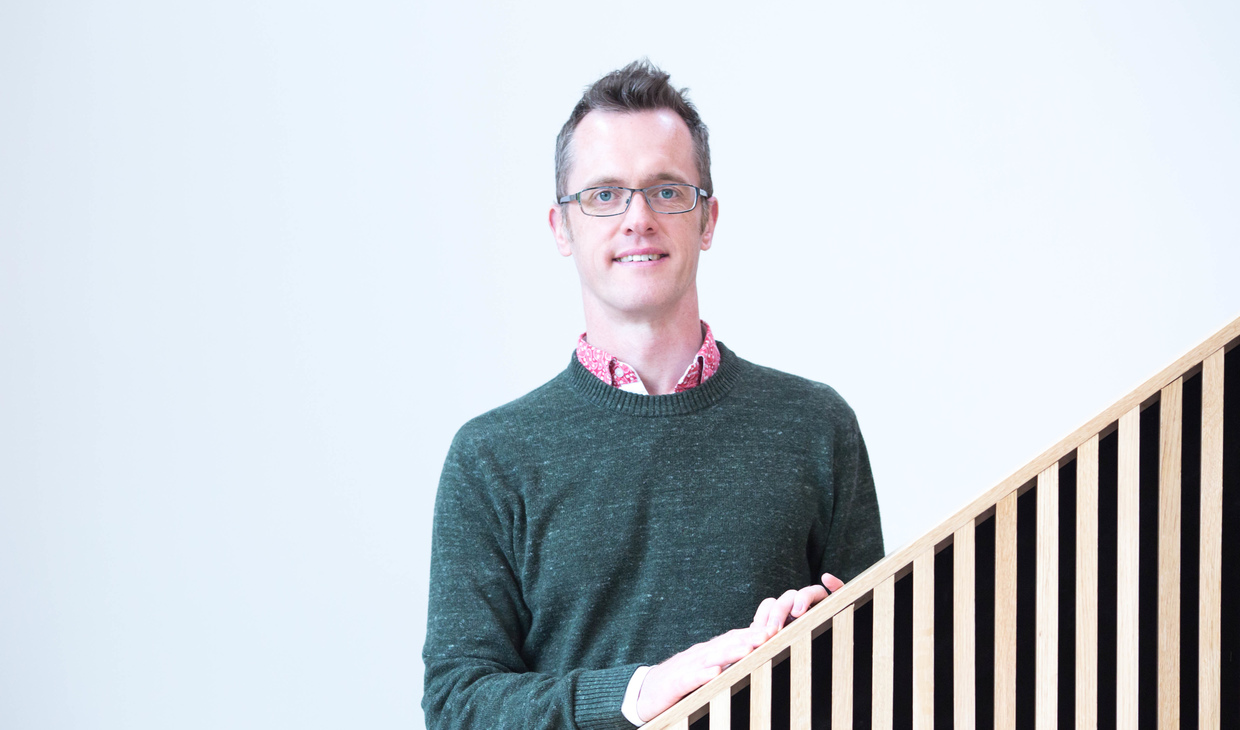Outdoor classroom breaks involving 15 minutes of self-paced exercise may improve children’s attention, memory and wellbeing, according to new research.
A study suggests the approach could lead to greater improvements in attention, memory and wellbeing than 15 minutes of intense physical exercise or spending time outside without exercising.
The research – published in BMC Medicine – involved experts from the Universities of Stirling, Edinburgh and the Highlands and Islands. It forms part of the wider, Stirling-led study into the impact of The Daily Mile – which involves children taking a 15-minute break from class to do physical activity – initiative on the health of schoolchildren.
Dr Colin Moran, of Stirling’s Faculty of Health Sciences and Sport and co-author of the study, said: “Schools, pupils, teachers and parents may worry that taking time out of lessons to do physical activity is not beneficial to classroom learning. However, the evidence shows that pupils are more alert, feel better, and pay better attention after self-paced physical activity when compared to just sitting.”

University of Stirling's Dr Colin Moran worked on the new research.
Lead author, Dr Josie Booth, of the University of Edinburgh, said: “Physical activity is believed to be beneficial to cognition and academic performance; however, the evidence for this in children is inconsistent. We aimed to examine the immediate impact of short physical activity breaks at school on children’s cognition and wellbeing and to determine whether any benefits from this activity were due to the intensity of physical activity or from just taking a break outside of the classroom.”
The authors used a citizen science approach – in conjunction with the BBC Terrific Scientific initiative – to collect their data. Teachers at schools around the UK led pupils in three types of activity, each lasting 15 minutes; running or walking at the pupils’ own pace, intense running and being outside without exercising. In total, 5,463 children took part in the study, with participants averaging nine years old.
Immediately before and within 20 minutes after finishing each activity, children completed computer-based tasks to measure wellbeing and cognition, including memory and attention. Scores for wellbeing and cognitive tasks, including working memory, improved most after self-paced exercise – compared to intense physical activity or no exercise.
Increased alertness
The effects of intense exercise and no exercise were similar, however children’s scores for alertness were lower after breaks involving no physical activity.
Children reported feeling more positive after self-paced exercise, rather than intense physical activity or no exercise. This improvement was found to be partially responsible for the improved working memory associated with self-paced activity. Children who were more physically fit tended to have greater increases in alertness after self-paced exercise, compared to less fit children.
The authors caution that improvements to wellbeing and cognition were small and that their data did not take into account other factors that can affect wellbeing and cognition such as diet and sleep or other exercise done by children during their leisure time or while travelling to school.
Further research should explore the influence of these factors on children’s wellbeing and cognition after physical activity breaks.

